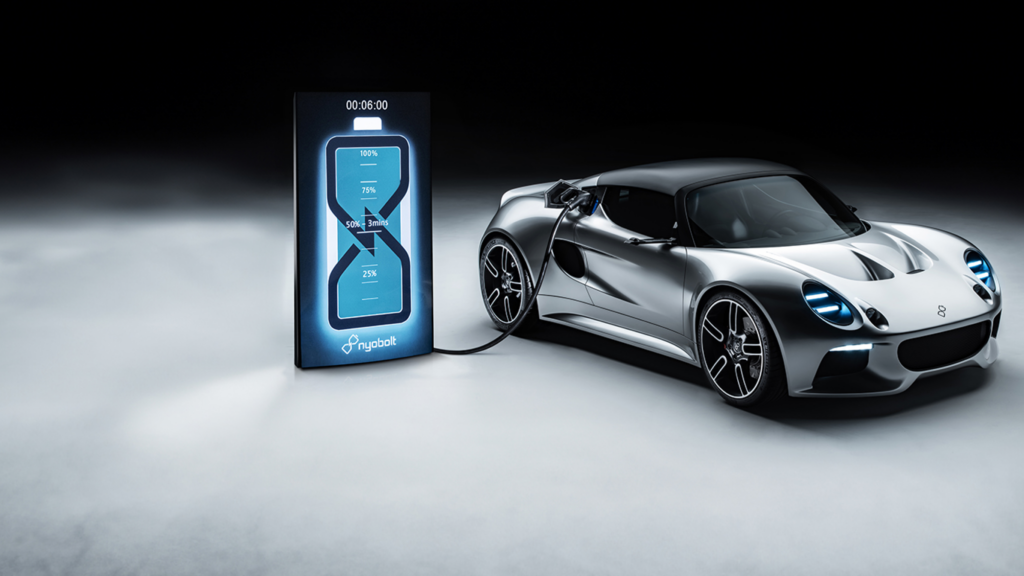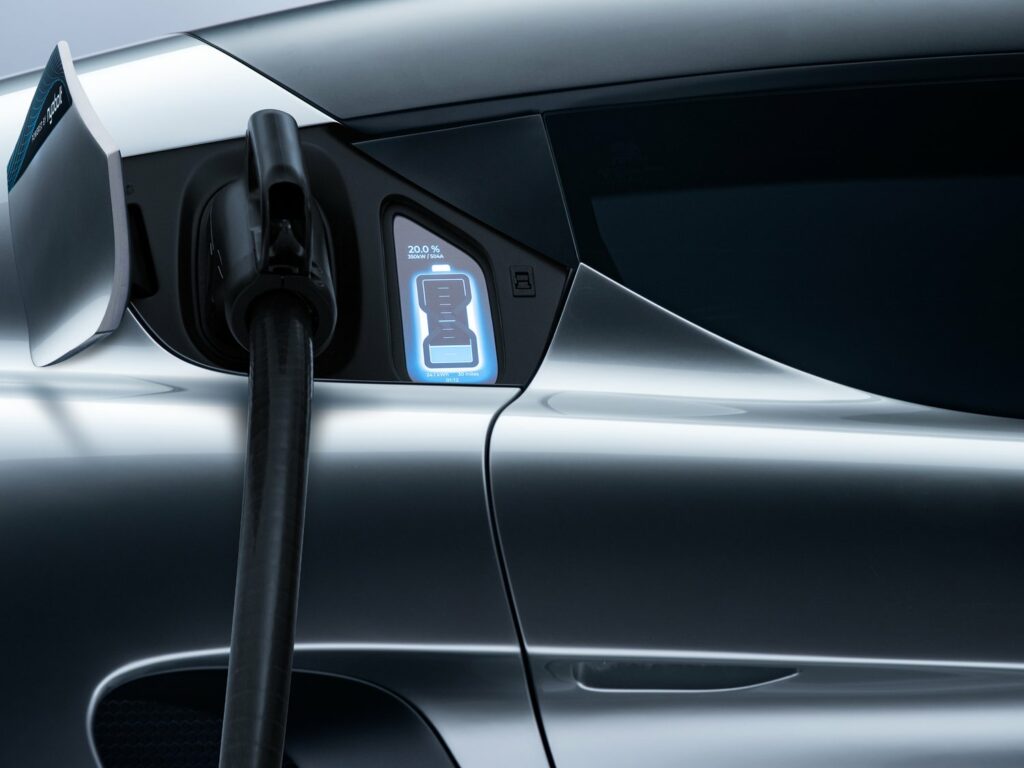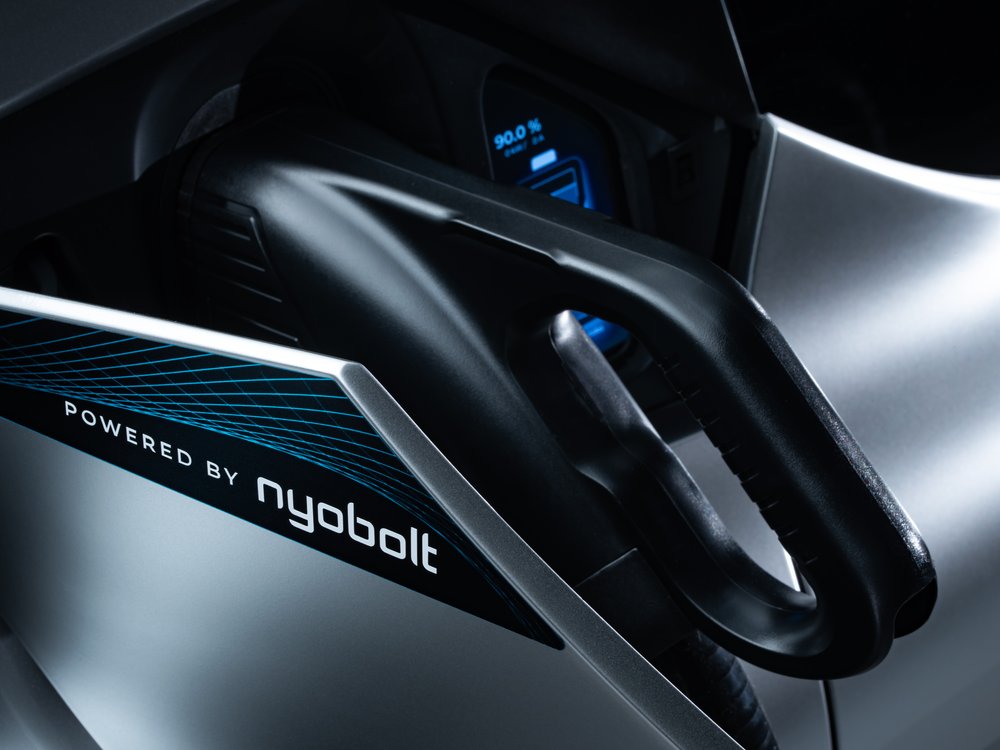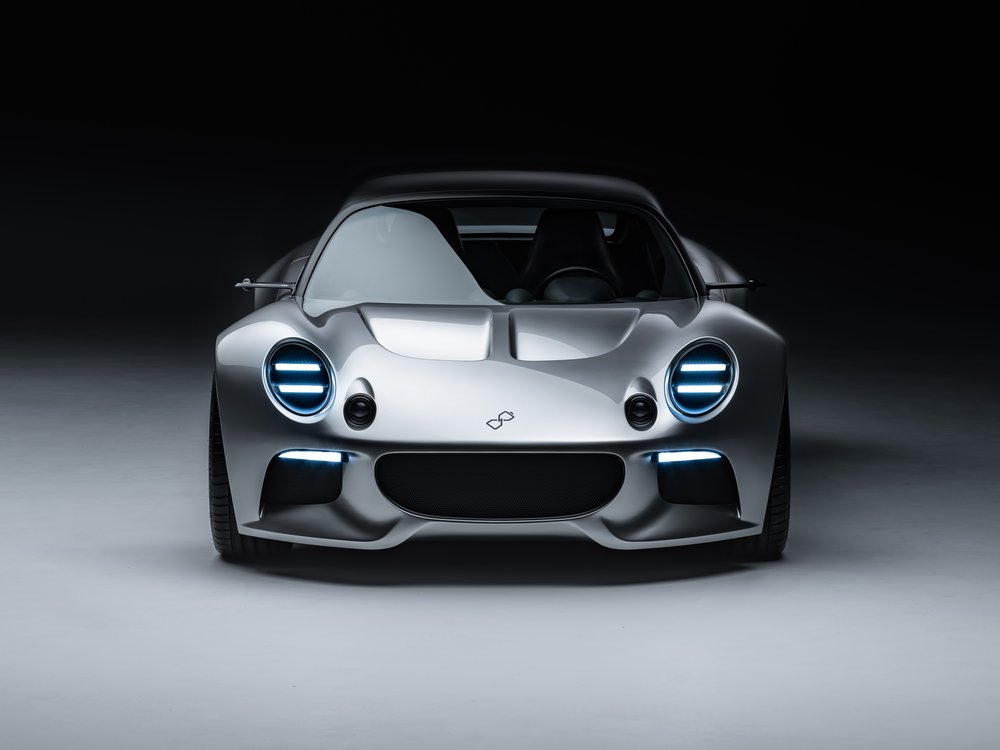
In the ever-evolving world of electric vehicles (EVs), one major hurdle has consistently been the lengthy charging times. However, a British company, Nyobolt, is set to revolutionize the EV market with its groundbreaking battery technology, promising ultra-fast charging capabilities that could change the landscape of electric mobility.
Nyobolt has developed a new type of lithium-ion battery that supports rapid charging at 350kW. This innovative battery, fitted in a prototype sports car, demonstrated the ability to charge from 10% to 80% in just over four and a half minutes. This is a significant leap forward, as it is twice as fast as the current fastest-charging vehicles on the market today. You think the Polestar and StarDot collaboration was impressive? This is twice as impressive as that.

Dr. Sai Shivareddy, co-founder and CEO of Nyobolt, highlighted the importance of this technology, stating, “Despite some OEMs showing fast charge times in the region of 15 minutes, a closer inspection reveals the charge is usually across a limited SOC region specifically chosen to limit the amount of life taken out of the cell; for instance, between 20-80 per cent.” Nyobolt’s technology, however, ensures sustainability, allowing the battery to retain 80% capacity even after 4,000 full Depth of Discharge. This estimates to over 600 thousand miles, meaning that the battery would probably outlive any regular vehicle.
Performance and Longevity
The Nyobolt EV’s 35kWh battery is not only fast-charging but also highly durable. Initial testing confirmed that the battery could achieve a full charge in just under five minutes using a 350kW DC fast charger. This quick charging capability enables the prototype to reach a range of 155 WLTP miles, with the first four minutes of charging providing approximately 120 miles of range.

Nyobolt’s low impedance cells are key to this performance, as they generate less heat and thus reduce the typical degradation associated with rapid charging. This breakthrough could potentially transform the EV market by addressing one of its most significant pain points: charging time. We’re one step closer to beating the time it takes to fill a petrol tank.
Real-World Applications and Future Prospects
Nyobolt’s technology was put to the test in a prototype sports car, designed with the help of British engineering firm CALLUM. This collaboration not only validates the battery’s performance in a high-performance environment but also showcases its potential for real-world applications. CALLUM has engineered the prototype for possible low-volume production, indicating that Nyobolt’s technology is ready for commercialization and we’re ready to utilize it.

The potential applications of Nyobolt’s technology extend beyond sports cars. The company is in talks with several global EV manufacturers to adopt its batteries, which could lead to broader implementation across various vehicle types, including commercial EV fleets and other high-uptime applications.
Current Infrastructure Challenges and Limitations
While the technology is promising, the current infrastructure for ultra-rapid chargers is limited, particularly in regions like the UK. Jack Evans, a motoring specialist, noted, “The units used to charge the Nyobolt battery are few and far between in the UK, so in order for this to really make an impact, there needs to be an increase in the provision of ultra-rapid chargers.” However, Dr. Shivareddy is optimistic, anticipating that the number of fast chargers will increase significantly by the end of the decade.
Final Words
Nyobolt’s innovation represents a significant milestone in the development of EV technology. By drastically reducing charging times and extending battery life, this breakthrough could accelerate the adoption of electric vehicles globally. As Nyobolt moves towards commercial production, the future of EV charging looks brighter, promising a more convenient and efficient experience for drivers worldwide.

The road ahead for Nyobolt and its rapid-charging technology is undoubtedly exciting. With potential applications across various sectors and the promise of overcoming current infrastructure limitations, this British company is poised to make a lasting impact on the EV industry.




